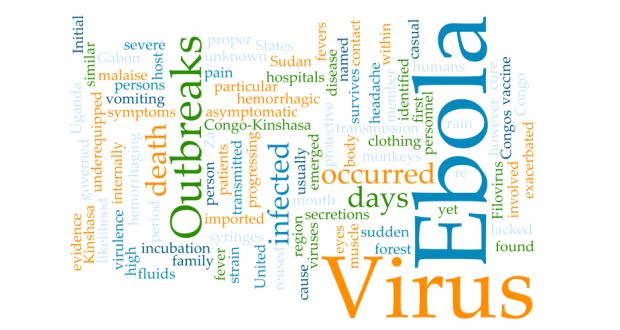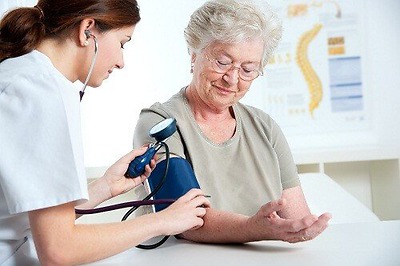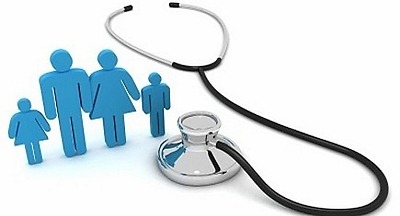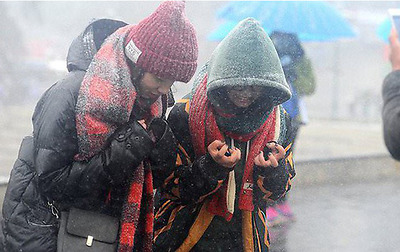Information and recommendations for people traveling to and from countries with Ebola outbreaks

Ebola hemorrhagic fever is an acute, serious infectious disease that is classified as group A in the Law on Infectious Diseases Prevention and Control. According to the World Health Organization (WHO), from December 2013 to July 31, 2014, 1,201 cases of Ebola virus infection have been recorded, including 672 deaths in three countries in West Africa including: Guinea ( 427 cases), Liberia (249 cases) and Sierra Leone (525 cases).
Facing the Ebola epidemic in West African countries, the Department of Preventive Medicine - Ministry of Health provided information and recommended some Ebola prevention and control measures for people to actively prevent:
- Disease Ebola is an acute, dangerous infectious disease.
- Ebola virus is spread to humans through contact with blood, secretions, body organs or other fluids of infected people or animals.
- Symptoms of Ebola virus infection include: fever, fatigue, muscle aches, headache, sore throat or possibly vomiting, diarrhea, rash, bleeding.
- Most susceptible people are those who have come into direct contact with the secretions of an infected person or animal.
- Currently there is no preventive vaccine for the disease.
- To prevent disease, you need:
- Practice personal hygiene (wash hands with soap, disinfectant ...)
- Avoid direct contact with the blood or secretions of infected humans or animals.
- Do not handle / handle objects that may have come into contact with blood or secretions of people or animals previously infected.
- If you are in an epidemic area where symptoms appear (fever, headache, sore throat, diarrhea, vomiting, stomach pain, rash, red eyes), you should immediately seek medical facilities for timely treatment. time.
Admin











 Featured news
Featured news

